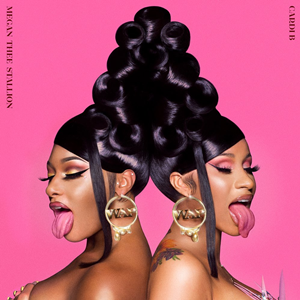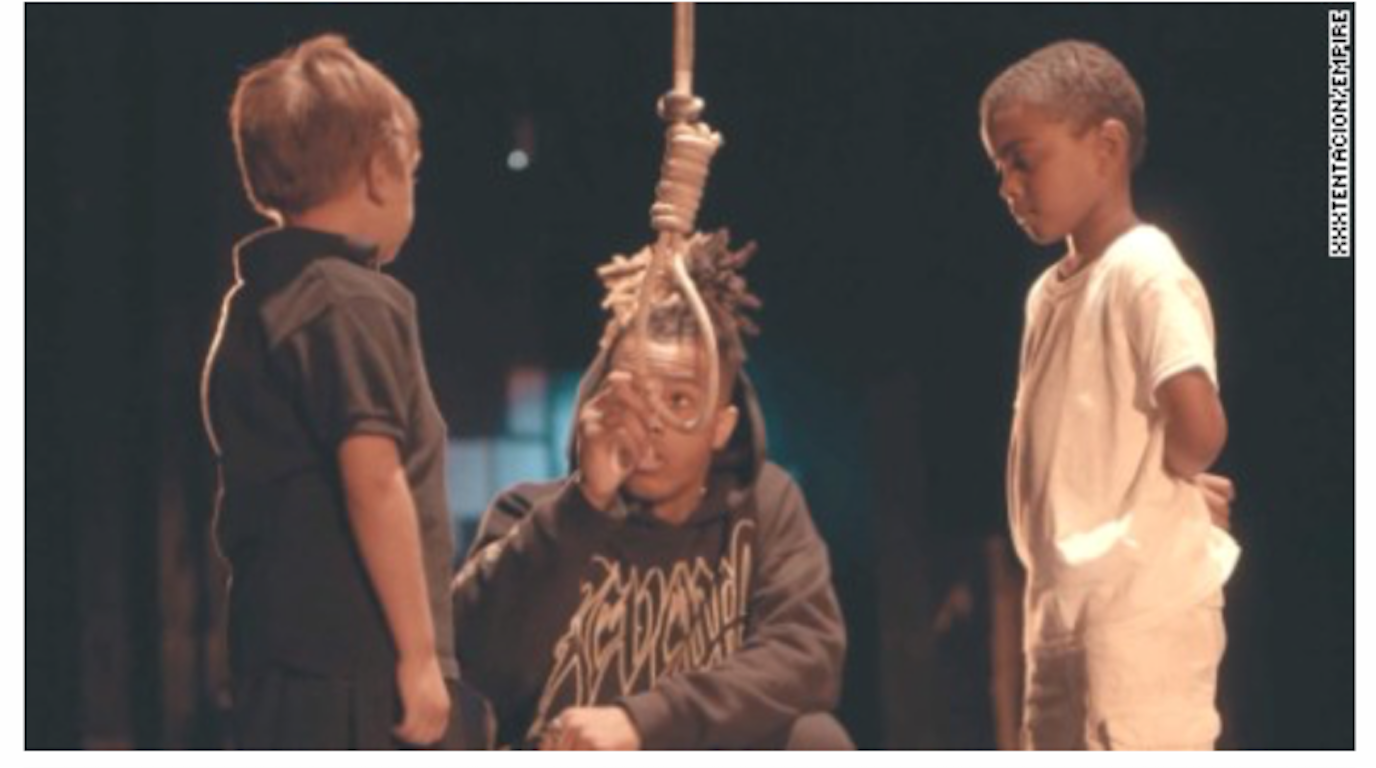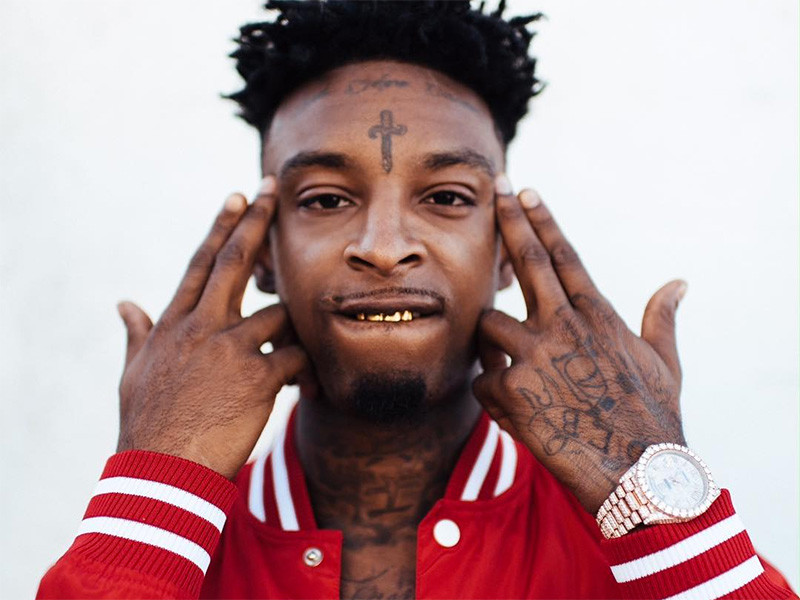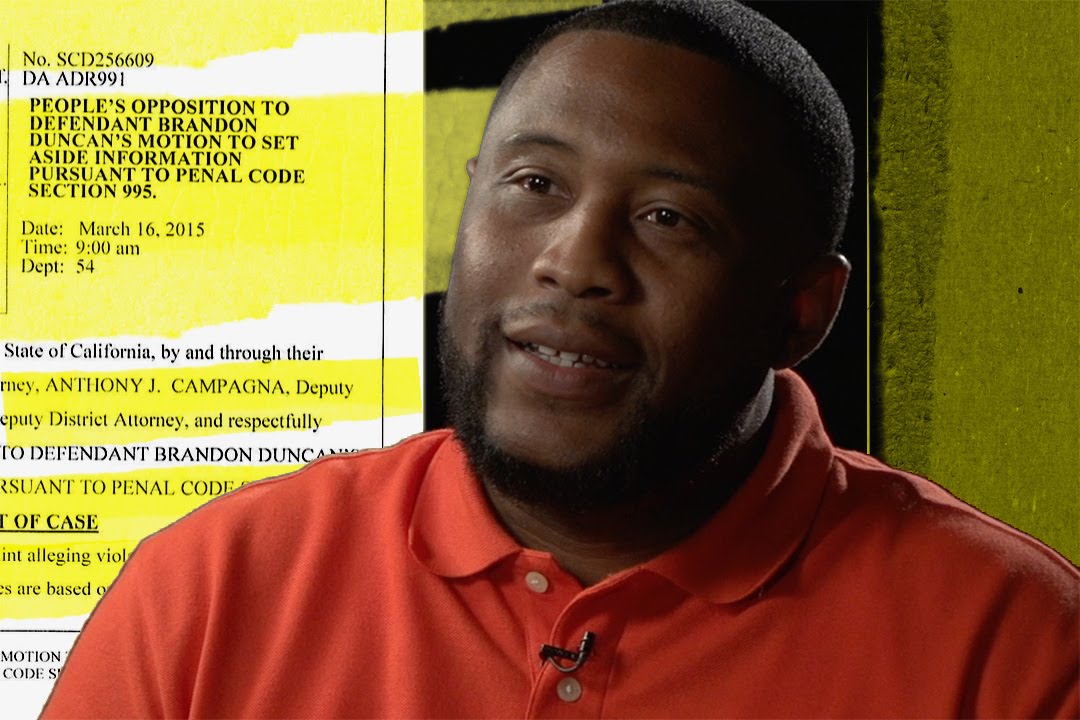
When Cardi B’s song “WAP” came out in 2020 the media was unhappy. The public thought Cardi B’s song was completely criminal and should have never been allowed to be released because of its explicit content. News outlets like Fox News called Cardi B a “bad role model for children, promoting the sexualization of women.” Tucker Carlson, a prominent Fox News reporter, even said that Cardi B was intentionally trying to “degrade our culture.” Not only did Fox News show their displeasure but millions of parents took to Facebook writing about how this song should not be around and the negative effects it has on children. This was a never before seen kind of outrage over a single song. This is ironic however, considering the songs of the past that have been on the top charts.
In 2006, Eminem’s song titled, “Shake That” went #1 on the Billboard charts. A verse in the popular song reads, “I’m a menace, a dentist, an oral hygienist, Open your mouth for about four or five minutes, Take a little bit of this fluoride rinse, Swish but don’t spit it, swallow it now finish.” Though this song topped the charts there were no Facebook forums or Fox News articles of raging parents going on about how this song is destroying culture.
So what was the difference between these explicit songs and the outrage they caused? Their content is the same in explicit nature, the only difference being who sings the song. Emineme is a white man while Cardi B is a woman of color. Could this be the reason for the large disparity in the public’s reaction? The previously mentioned lyrics from Eminem’s hit song is only one example of countless songs sung by men that sexualize women. Cardi B’s song “WAP” was not a revolutionary song nor was it the naughtiest song to top charts yet because she is a woman singing about such topics she received extensive backlash. Cardi B was sexualizing herself in a way that made her feel empowered and this was seen as something criminal.
Why is it okay for men to sexualize women but the moment a woman reclaims this sexualization, it’s considered detrimental to society? Outdated and sexist ideals of how a woman should act are largely to blame for this disparity. Men are applauded for their desires they write about in songs while women are crucified for their self expression and empowering views. Cardi B’s song is encouraging women to not follow traditional values and because of this it makes the public uncomfortable and was the reason for the backlash.







I like this conversation on the reclamation of women’s sexualization. I feel like a few female rappers have done a great job of this such as City Girls, Meg the Stallion, Doja Cat, and most recently Ice Spice. Although I do feel like there is a fine line between reclamation and selling sex. A guy I know had a “female power” playlist and it had songs all by women. One of the songs was Deepthroat by Cupcakke. The playlist felt like a sexist playlist to me but to him he thought that he was doing something by having all female artists. I remade the playlist for him and found when I was searching for empowerment songs by females it was more difficult than I had anticipated. For example, some songs by women are just all about being in love with or wanting to have sex with a guy. I love the idea of women reclaiming sexualization to be more empowering, but at the same time it is hard if the songs are in relation to being helplessly attracted to a man. I enjoyed this post for being able to host this more nuanced conversation about the sexualization of women in pop culture.
Hello!
I really love this thoughtful post and the discussion that followed about how the race of artists can affect public opinion on something that seems completely normal. One thing that I found bizarre and unironically funny is how Fox said the song is “sexualizing women,” as it was the first ever media outlet to do that. In mainstream media, women are already sexualized through the portrayal of male gaze (often the protagonists), and only under such conditions when the social script of the stereotypical male is applied, sexualization allowed. WAP goes against the female social script of the recipient, claiming something that is completely natural to our behavior. Women have sexual desire and desire to be sexual; that’s completely natural.
Hello!
I loved your discussion on the double standards of men and women in the music industry concerning topics of sexualization. I think some of the reactions to the song were definitely problamatic. For example, some of the men who disliked the song actually questioned whether or not the lyrics were explaining some sort of sexually transmitted disease and whether or not they should go to a doctor. That alone explains the lack of sexual education that plagues our society; no one is immune to this lack of education (even grown men who’ve engaged in the act before). The only way people get educated on “controversial” topics such as sex is through media, friends, and maybe parents. This is definitely not a safe way to get educated on these topics, so I think the stigma surrounding sex education needs to go away. I also think we should examine our double standards when it comes to why men can be sexual but women aren’t allowed.
I definitely agree that there is an undeniable double standard when it comes to sexualizing women. It is almost considered a norm these days that women are sexualized by men but it is tolerated because “they can’t help it,” its a “regular guy thing,” or simply what they call “locker room talk.” But, the moment a woman who has a platform in society decided to sexualize herself in a song, it received a lot of backlash. If men do it without receiving and kind of scrutiny, why can’t a woman talk about herself in that way?